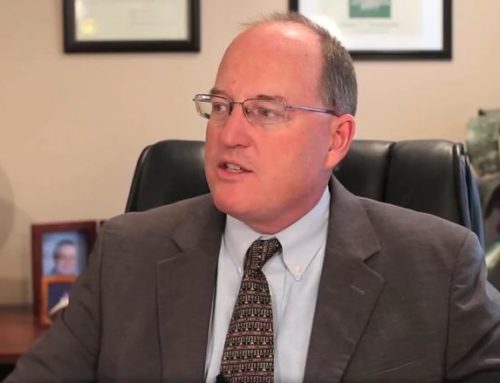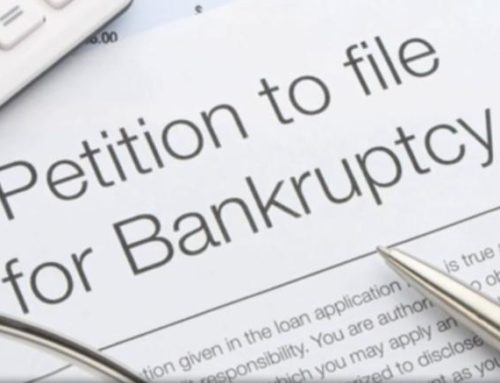The country of the United States and the state of Pennsylvania have bankruptcy laws in place to protect those who may not be able to pay back the debts that they owe, and this bankruptcy protection allows individuals and businesses to protect themselves from creditors and other entities while they take the time to reorganize their finances and tend to their debts.
There are several different types of bankruptcy protection in which a person or business can file for, with some of the most common being chapters 7, 11, or 13. Each type of bankruptcy protection allows a person or business different circumstances and relief from the debt they may be facing.
Chapter 7 Bankruptcy
Chapter 7 bankruptcy in Pennsylvania means a person can eliminate their debt and gain a fresh start from the debts that they owe. This type of bankruptcy involves a liquidation of all nonexempt assets that allows the person in debt to properly pay off their creditors in a way that will eliminate their debts and allow them a way to settle their payments owed. The person in debt will also be able to collect an amount from the sale of any exempt assets not being handed over to creditors.
The trustee responsible for the liquidation and sale of assets will also often take a percentage of commission from the sale of assets as payment for the liquidation. If the debtor wishes to retain certain assets, a person can also choose to reaffirm debts. However, there is rarely a benefit to a debtor to reaffirm a debt in Pennsylvania. If a debtor wishes to retain an asset all they need to do is continue to make the payments.
Chapter 13 Bankruptcy
Chapter 13 bankruptcy is most commonly used by individuals who wish to keep their property but they have fallen behind on the payments. This chapter of bankruptcy is most often filed to avoid home foreclosure, car repossession, or to handle outstanding tax debts, and it allows people to structure a payment plan to repay the debt or debts in question. The payment plans involved with chapter 13 bankruptcy often span a time of between 3 and 5 years, and the payment amount depends on a variety of different factors. Some factors that will impact at chapter 13 bankruptcy payment amount are:
- A debtor’s disposable income
- The amount creditors would collect if the debtor files for chapter 7 bankruptcy
- The amount a debtor is able to pay over time
This chapter of bankruptcy is one that allows a person to catch up on any overdue or missed payments accrued over time, and allows them to get back on the right financial track while not losing any of their important assets.
Filing For Bankruptcy In The State Of Pennsylvania
Different chapters of bankruptcy will have different filing requirements that a debtor must follow to be able to ensure that his or her filing is successful. This process is best executed with the assistance of an attorney who specializes in bankruptcy in order to ensure that the filing is correct and thorough. Filing must be done at a Pennsylvania bankruptcy court, and the method of following the required paperwork will be determined by the region of the state in which the debtor resides.
The Importance Of A Bankruptcy Lawyer
Bankruptcy in the state of Pennsylvania is often a complicated process, no matter the chapter one may find themselves opting for. Bankruptcy attorneys are well versed in all Pennsylvania bankruptcy laws and requirements, and they will be able to assist their clients in filing for their desired chapter in the best way possible. If a client is confused on which type of bankruptcy may be best for their situation, a Pennsylvania bankruptcy lawyer can also assist in choosing the correct chapter for them.






